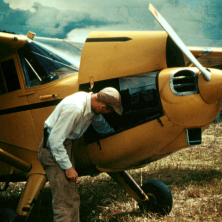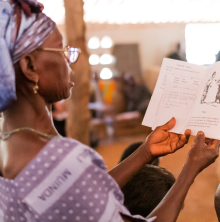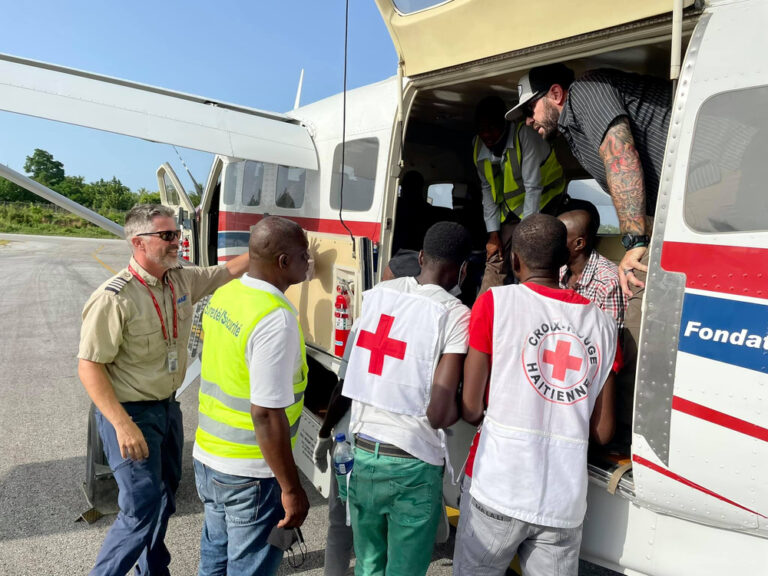How access to God’s Word has changed the ending for the Yali People
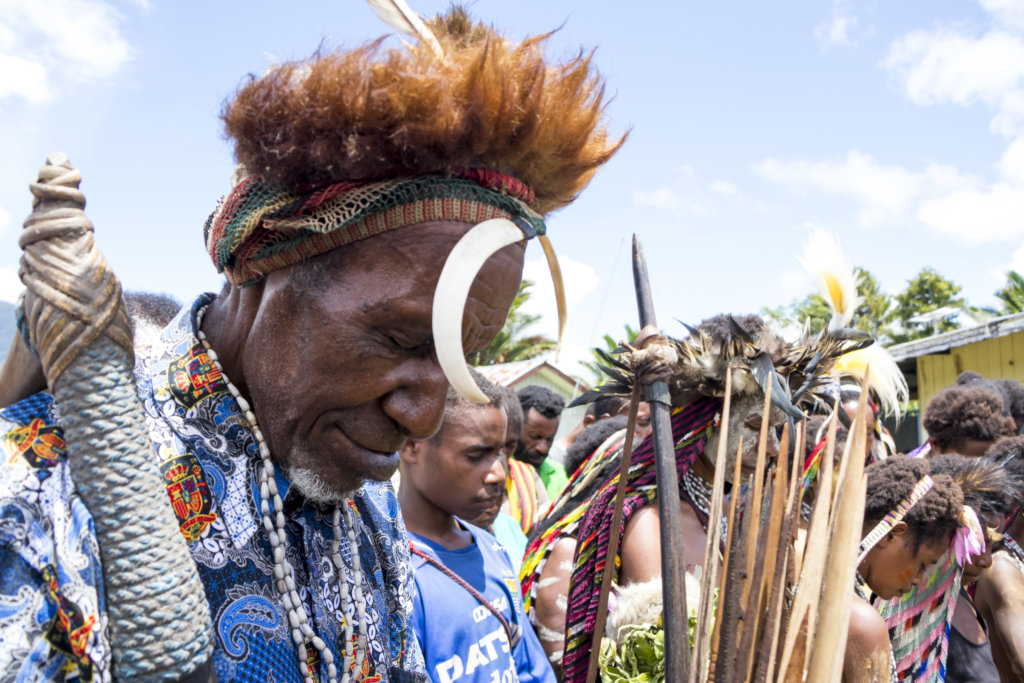
There is a village high in the mountains of Papua, Indonesia, called “Apahapsili.”
The name has several different meanings to the Yali people who live there, but today it most closely means “the place where we are uncovered by God.” Because of the gospel, the Yali who were hidden behind the mountain were found by God.
But “Apahapsili” didn’t always mean this.
Not long ago the word meant something very, very different.
Everything Changed
The Yali people group—numbering around 100,000—lived entirely cut off from the outside world for generations. But life was far from idyllic for the Yali.
“We didn’t know anything about the outside world,” said Unus Walilo, an older Yali man and pastor of the local church (GKII). “We didn’t know there were people beyond the mountains. We lived in the stone age—killing each other, eating our enemies. We didn’t know any life different than that.”
Back then the village’s name was understood to mean “the place where we take the skin from our enemies and eat them.”
On September 10, 1965, after MAF pilots had discovered the Yali people while doing survey flights, the first outsiders arrived in Apahapsili.
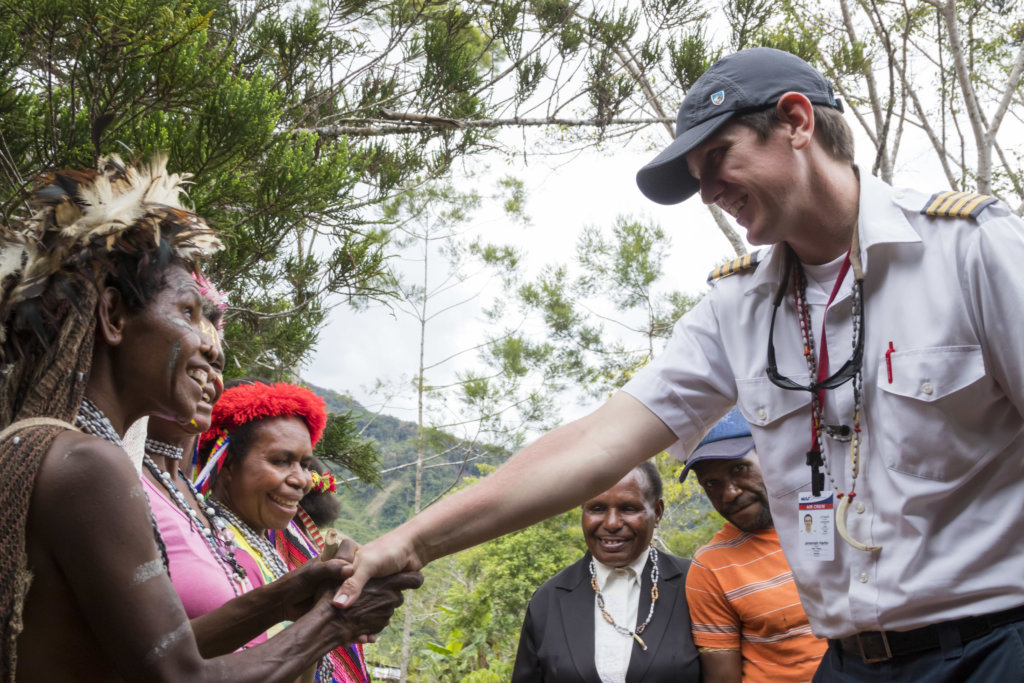
“I still remember the day, when the missionary with local pastors arrived here,” said Unus. “It made a big impact.”
This first contact began a decades-long process of learning the language and the culture of the Yali and launching a joint effort with them to translate the Bible into their language. This process would not be fully completed until 2018.
The Word Comes to the Yali
Siegfried Zoellner and Friedrich Tometten, German missionaries from the United Evangelical Mission, have worked very closely with Yali translators. The initial focus of the translators was the New Testament, which was completed and printed in 1988. A few years later they began work on the Old Testament. An abridged version of the Old Testament was completed in 1998—but the Yali wanted more.
“When I came back to the village in 2006,” said Friedrich, “the Yali told us they wanted to complete the Old Testament. I asked what was missing and they said, ‘the genealogies.’ This was strange for me, but I learned a lot from them about the meaning of all these lists and various parts of the Bible.
“They said the Old Testament is their story—it is the story of their own lives.”
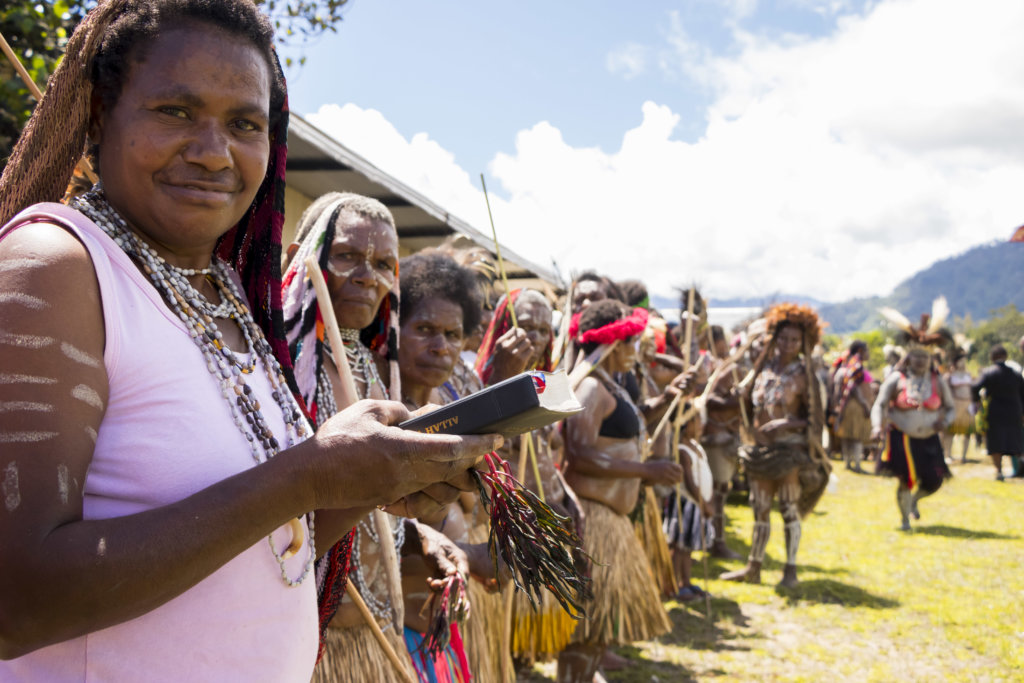
The process of translating the Bible into any language is lengthy, but for the Yali it was particularly challenging. One Yali word can have about 1,000 forms. This process required collaboration between the German translators who were fluent in biblical Greek and Hebrew and a team of Yali translators who were the experts in their own language.
“We didn’t only want to hear the word of the Lord in other languages, we needed to hear and read it in our mother tongue,” said Unus. “It is really a privilege to have the Bible in our own language.”
“Speaking on behalf of the other Yali women, we really love to read the Bible in our language. It nurtures us,” said Antje Faluk, the youngest female member of the translation team. “Some of the women have memorized entire chapters and know many of the Psalms by heart.”
The Yali were eager for the Bible to be completed. This work transformed the entire people group in so many ways. This once-violent group now looks to educate their children not in warfare but in reading and writing. They band together not to fight their enemies but to raise funds to construct a church building.
For the Yali, the story of the Bible is “our story; it is the story of God looking for us; it is His love seeking us.”
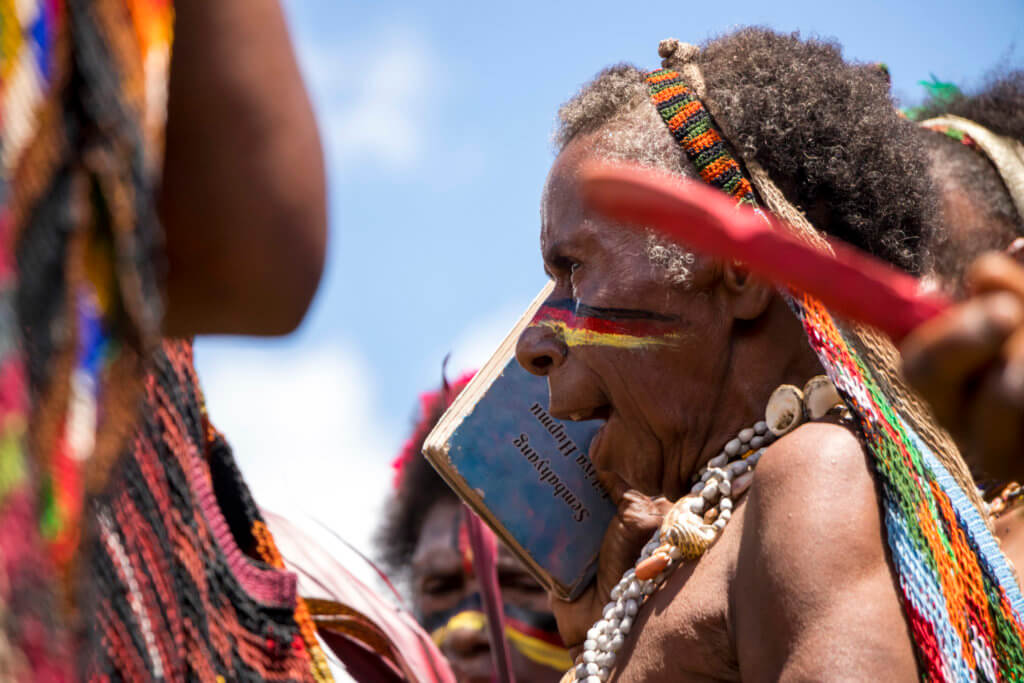
A Lifeline for the Yali
MAF played a key role in this entire process—from locating the Yali to supporting the missionaries working there, to delivering Bibles and supporting the entire community in so many ways.
“MAF is a lifeline for people living interior in isolated places like Apahapsili,” said Jeremiah Hartin, an MAF pilot in Papua. “We carry in not only Bibles, but also food, supplies like roofing material or medicine. We provide transportation for people as well. As a pilot, it feels very satisfying to know that I am playing a small part, but it is a significant link in the chain of what God is doing.”
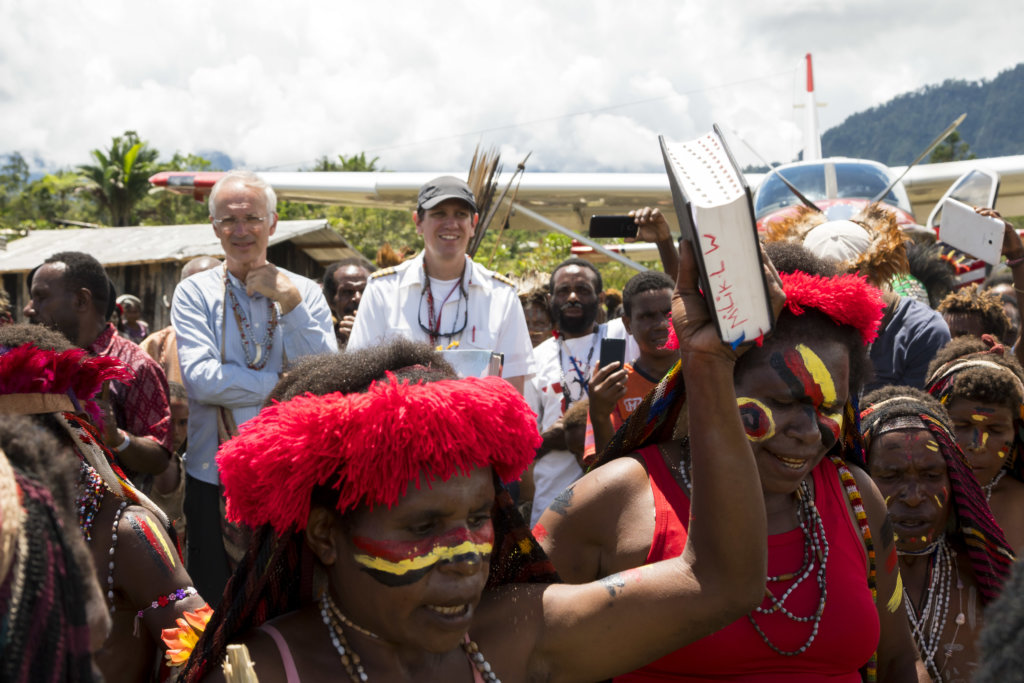
MAF’s role is recognized both by the missionaries and the Yali themselves.
“All that we are doing here could not happen without the support of MAF,” said Paulina Wandik, another female Yali translator.
A New Beginning
When an MAF team recently landed in Apahapsili, they were greeted with an elaborate ceremony of dancing and singing. This ceremony explained the history of the Yali. They tell how they were found by God, laid down their arrows and spears, and took up His Word.
The community that once devoured its enemies now lives in peace—with each other and with their Creator. And their story is far from over.
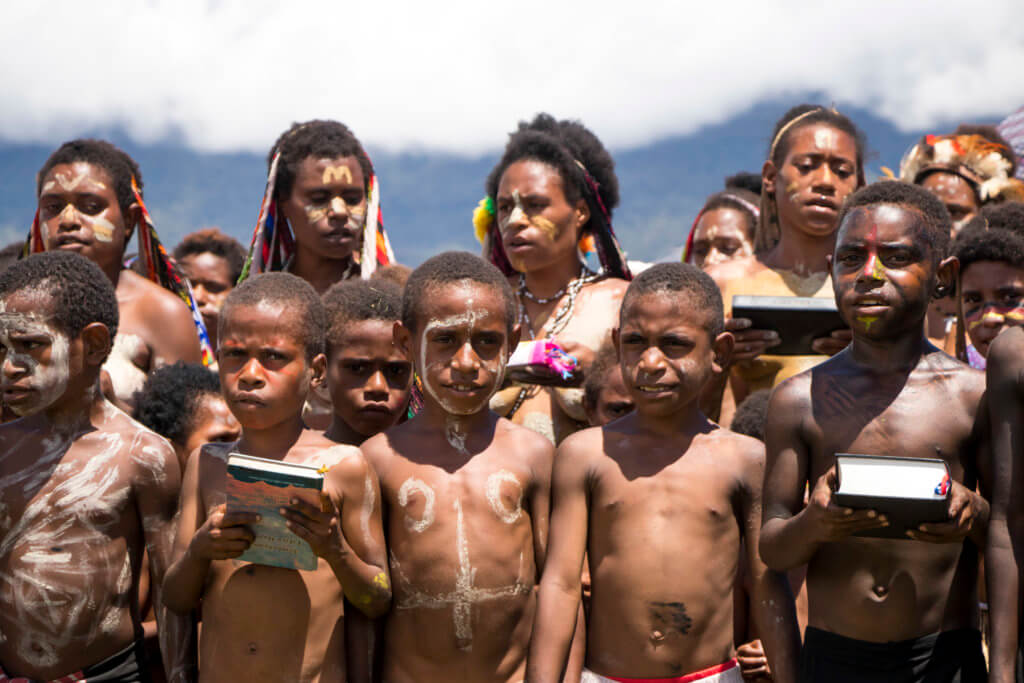
As Yali evangelists chat with Friedrich and the MAF team about how life in Apahapsili has changed, a young boy walks up and sits at their feet. The older Yali people look on him with pride and affection.
“We are looking to the future,” says Paulina. “We hope our children get the best education possible. They will learn more than we have ever learned. Maybe they will be able to go to school in Indonesia, Germany, or even America.”
Someday in a faraway classroom, a student might say to his instructor, “I come from a place called Apahapsili. Let me tell you what that means.”
Story appeared in the spring 2019 issue of FlightWatch.
